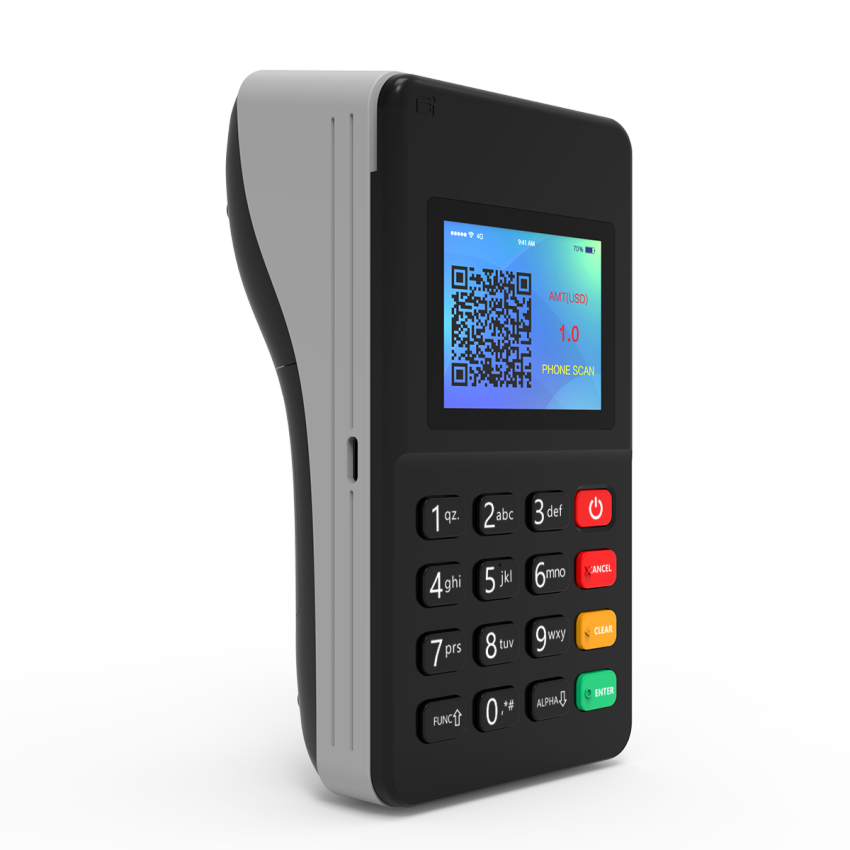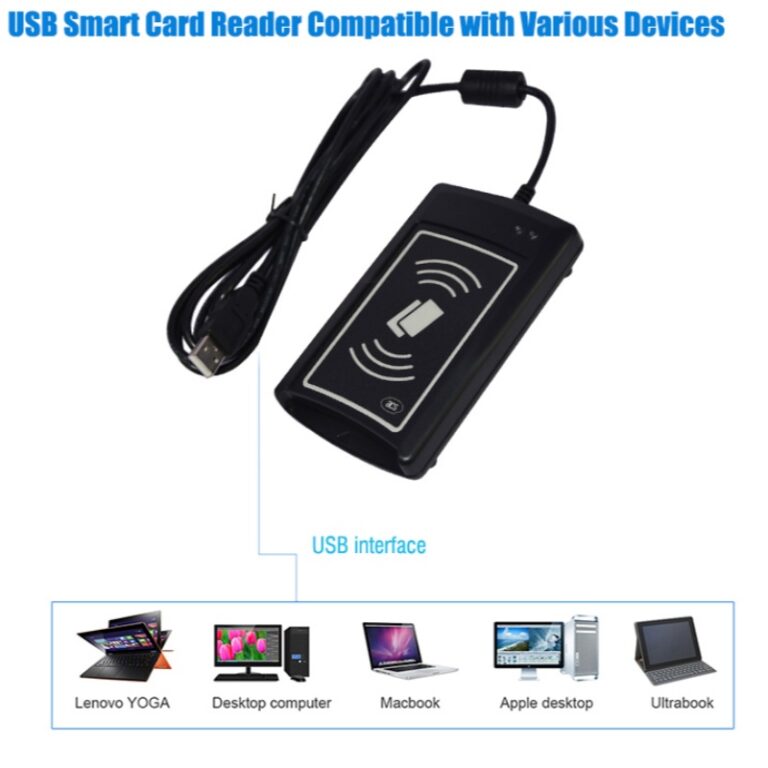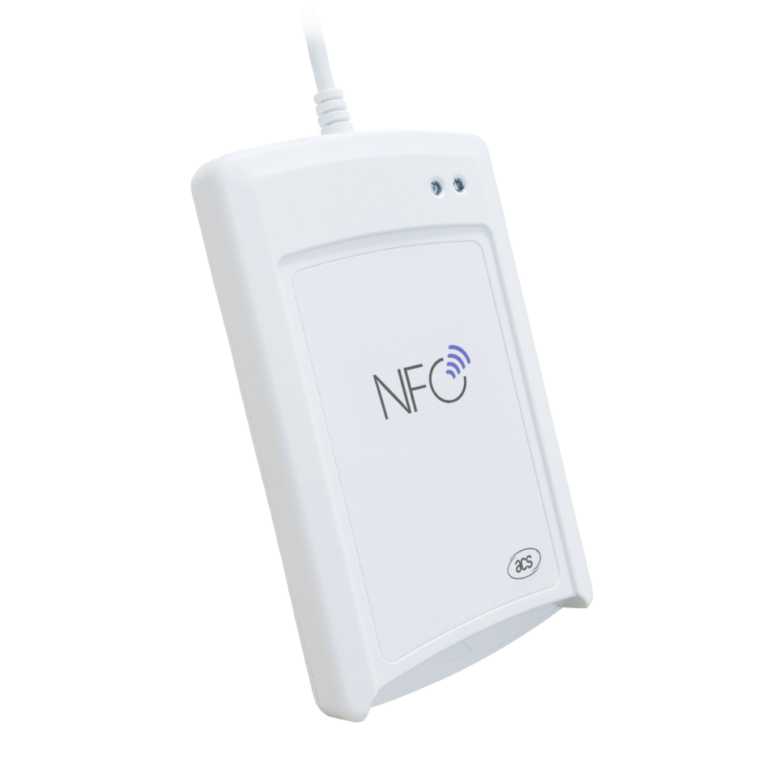
Nigeria’s POS Revolution: Why Cash Relies on Mobile Agents
Nigeria’s unique POS-driven cash ecosystem thrives without mobile money. Learn how agents replace ATMs, why cards dominate, and what this means for fintech.
Table of Contents
1. Introduction
- Hook: “In most of Africa, mobile money is king—but Nigeria bets on POS machines for cash access. Here’s why.”
- Nigeria’s payment system is an outlier: 1 billion+ debit cards, yet no mobile money licenses for telcos.
2. The POS-Centric Economy
- Government Bias for Banks: Blocked mobile money, mandated salary payments via cards (50 Naira/month fee).
- Infrastructure Gap: Few ATMs/branches → 250,000+ POS agents act as human ATMs.
- 7-Party Model: Unique roles for PTOs (POS operators) and PTSAs (processors) incentivize scale.

3. Why POS Beats NFC & Mobile Wallets
- Cash Culture: POS agents handle withdrawals, not just merchant payments.
- Fraud Fear: Credit cards rare due to scams; debit cards + agent trust fill the gap.
- Regulation: Central Bank’s fee splits (e.g., 0.3% to PTOs) drive adoption.
4. Global Uniqueness
- vs. Kenya (M-Pesa): Mobile wallets process 80%+ of transactions; Nigeria relies on cards.
- vs. South Africa: NFC/contactless grows, but POS agents remain niche.
- Only Nigeria combines:
- High card penetration + No mobile money + Underbanked rural areas.
5. Opportunities
- POS Manufacturers: Demand for low-cost, offline-capable devices.
- Fintechs: Layer microloans, bill pay atop agent networks.
- NFC’s Future: Could POS devices integrate contactless for urban merchants?
6. Conclusion
- Nigeria’s model is unrepeatable but instructive for hybrid cash-digital markets.
- CTA: “Exploring Africa’s fintech markets? Nigeria’s POS network offers lessons in adaptability.”



